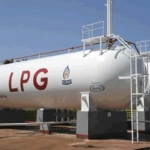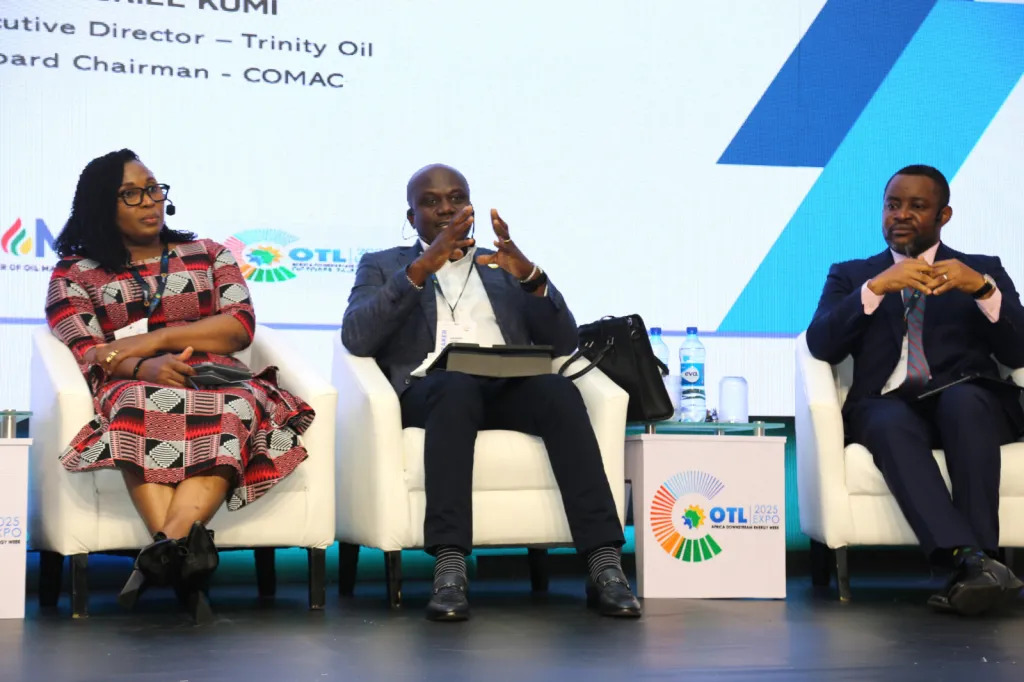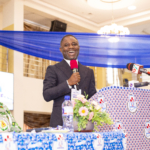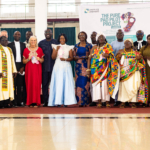
The Ghana Chamber of Oil Marketing Companies (COMAC) has raised alarm over what it describes as a looming environmental crisis across West Africa, warning that excessive taxes on Liquefied Petroleum Gas (LPG) are driving millions of households back to charcoal and firewood — accelerating deforestation and undermining clean energy goals.
Speaking at the 19th OTL Africa Downstream Energy Week in Lagos, Nigeria, COMAC Chairman Gabriel Kumi said the region’s heavy taxation of LPG is stifling adoption of the cleaner fuel and worsening the depletion of forest reserves.
“Across Africa, about 60 to 70 percent of people still rely on firewood and charcoal. These are the poorest households who cannot afford LPG,” Mr. Kumi lamented. “Unless we make LPG affordable, we will not achieve meaningful progress on clean energy or forest protection.”
According to Mr. Kumi, Ghana’s experience offers a clear warning. He said LPG consumption stagnated between 2015 and 2020 following the introduction of multiple taxes, growing by less than five percent over that period and dropping further between 2020 and 2024.
He attributed the situation to what he called “nuisance taxes” that have pushed the cost of LPG beyond the reach of ordinary citizens. Currently, only about 30 percent of Ghanaians — mostly middle-income earners — can afford LPG, with the majority resorting to charcoal for cooking.
“In Ghana, it’s mainly middle-income couples who can afford LPG. The rest are being priced out,” he said.
Comparing regional markets, Mr. Kumi praised Nigeria for maintaining lower LPG prices — about 80 cents per kilogram — compared to Ghana’s 120 cents. The lower cost, he said, has encouraged greater uptake in Nigeria and demonstrated the direct link between affordability and consumption.
Mr. Kumi called on West African governments to scrap all taxes on LPG and consider targeted subsidies for rural and low-income households.
“If we continue taxing LPG, we’re effectively taxing the environment,” he said. “We can host all the clean energy conferences we want, but until people can afford LPG, deforestation will continue.”
He urged policymakers to see LPG not just as a commercial product, but as a critical environmental and public health tool in Africa’s transition to cleaner energy.





